Definition
Ménière's syndrome is a rare condition affecting the inner ear.
It can cause dizziness, tinnitus (perception of high-pitched noises or “whistling”), hearing loss and a feeling of pressure in the ear. Less frequently, it causes hypersensitivity to sound (hyperacusis) and distortions in perception.

The severity and symptoms of Ménière's disease vary from person to person. Some frequently complain of attacks of vertigo with total hearing loss; others report severe tinnitus with less intense vertigo.
Development and Incidence
Ménière's syndrome develops in several stages.
It starts suddenly and, following dizziness, can induce nausea and vomiting.
In the later stages, these symptoms become irregular and sometimes progressively diminish. Conversely, tinnitus and hearing disorders tend to get worse.
The unpredictability of Ménière's syndrome and the resulting invalidity can favor the onset of anxiety and depression.
The incidence is 1: 1000 or 1.5: 1000. It is more frequent in females and occurs mainly in the age between 20 and 60 years.
Causes
The causes of Ménière's syndrome are not known.
The most accredited hypothesis concerns a hypothetical chemical imbalance in the aqueous matrix of the inner ear. Hydrops would ensue, that is an excessive pressure of the liquid in question.
Familiarity is very relevant.
Treatment
Treatment of Ménière's syndrome is aimed at symptom control; however, it is not conclusive.
The possible interventions are: drugs, diet, vestibular re-education, relaxation techniques and, in the most serious cases, surgery (with controversial efficacy).
Diet and Ménière's Syndrome
There is no real "diet for Ménière's syndrome".
The diet is aimed at an attempt to reduce hydrops. However, this condition is NOT a “constant” of Ménière's syndrome. Similarly, analyzes of cadavers reveal that some subjects have a totally asymptomatic form of hydrops.
Hydrope, Salts and Water
The diet for Ménière's syndrome is aimed at restoring the volumetric and compositional normality of the liquid inside the ear, fighting symptomatic hydrops.
In the introduction, we specify that the stability of the fluid is independent of the blood composition.
Normally, the liquid is kept at constant volume and osmotic pressure by some intrinsic mechanisms.
The concentrations of sodium, potassium, chlorine and other electrolytes are highly specific and should not change.
The fluid interacts with the sensory cells of the inner ear and allows them to function properly.
Independent fluid control can be impaired due to injury or degeneration in specific internal structures.
In this way, the pressure and the concentration of the liquid in the inner ear tend to balance with the blood plasma, changing significantly.
This alteration should cause the symptoms of hydrops.
Dietary Principles
The diet for Ménière's syndrome is based on the control and restriction of dietary sodium.
Perhaps due to the abundance in the food taken by the patient, this ion tends to increase excessively in the internal fluid causing the imbalances we have already talked about.
The normal amount of sodium, or the recommended dose in Italy, is between 600 and 3500 milligrams per day (mg / day). The American RDAs, on the other hand, suggest a range of 500-2300mg / day.
Before continuing with the explanation, it is necessary to specify some fundamental concepts:
- Sodium is naturally contained in foods, is added as an ingredient in preserved foods and forms a seasoning in the form of table salt (Na + Cl-).
- Table salt contains about 40% sodium and 60% chlorine.
- The average daily sodium intake in Italy is about 3500mg / day.
- In the Bel Paese, about 10g of salt are consumed per day.
- The salt added as a condiment (called “discretionary”) represents almost 40% of the total.
- The minimum recommended sodium intake in the diet is 575mg / day, or about 1,500g / day of salt (1.5g / day).
The diet for Ménière's syndrome should NOT contain more than 1,500-2,000mg of SODIUM per day (1.5-2.0g / day); this value can be corrected for sweating.
The dietary pattern for hydrops is not very different from that recommended for arterial hypertension, to which hydrops does NOT show an evident statistical correlation.
Moreover, in addition to the quantity of the ion, it seems that the hydrops worsens further with fluctuations in the plasma (variable concentration). This means that, in addition to the daily amount of sodium, the hydrops diet must limit foods, recipes and meals rich in this mineral.
Some argue that sodium is not the only element capable of modifying the composition of the internal liquid. It seems that simple sugars and their glycemic fluctuations are also involved.
Dehydration exerts an effect similar to the intake of strongly osmotic molecules, such as sodium and sugars, which is why it would be better to avoid their onset.
High doses of nerves such as alcohol, caffeine, theobromine and theophylline are capable of worsening symptoms. The same applies to certain drugs (ibuprofen, naproxen, acetylsalicylic acid, etc.).


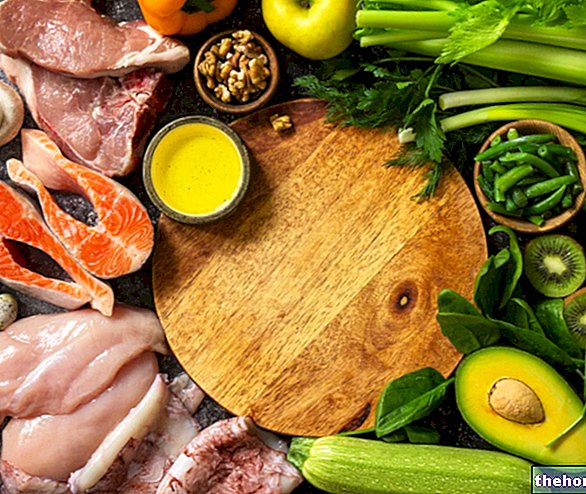
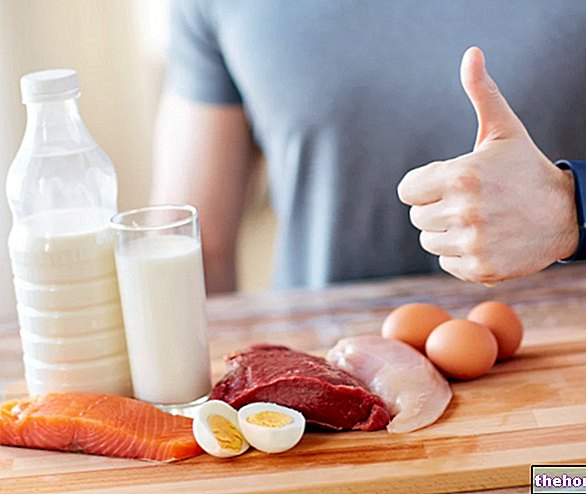
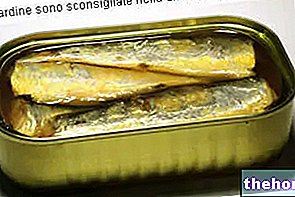
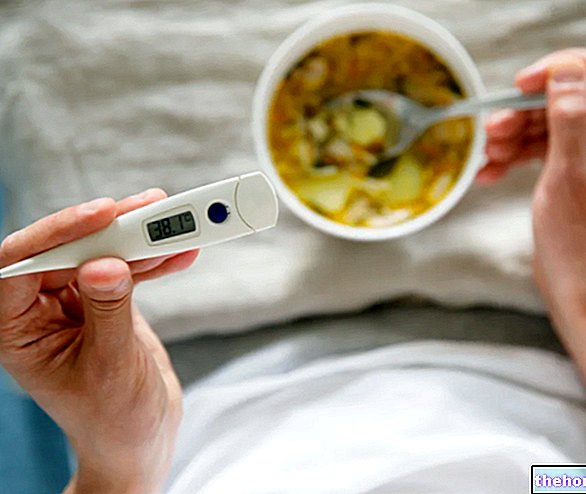
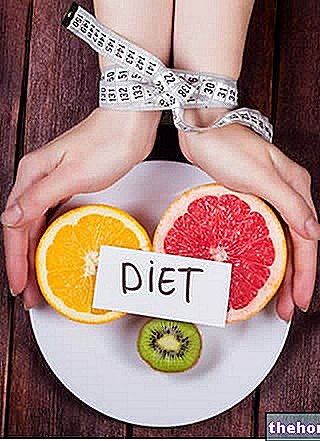









.jpg)











